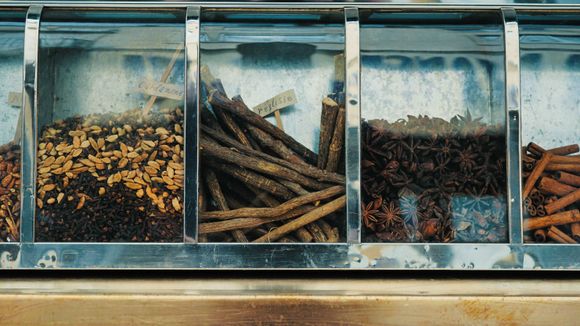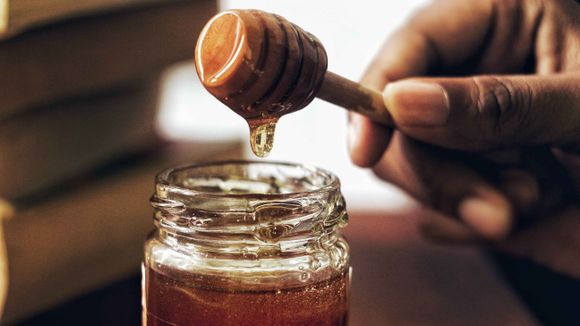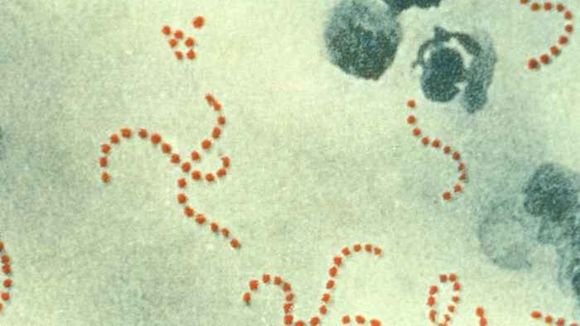Herbal Remedies Against Streptococcus Infections
Echinacea (Echinacea purpurea) - A Powerful Immune Booster
A staple in North American traditional medicine, Echinacea is celebrated for its immune-boosting prowess, which includes fighting off Streptococcus infections. This herb is rich in phenols, powerful antioxidants that can help combat harmful bacteria.
Garlic (Allium sativum) - The Antimicrobial Wonder
Widely recognized for its culinary uses, Garlic also carries an impressive history of medicinal applications. Allicin, an essential compound in garlic, exhibits antimicrobial properties that could help combat streptococcus infections.
Licorice (Glycyrrhiza glabra) - A Sweet Solution
Licorice, a sweet-tasting herb revered in traditional Chinese medicine, is known for various medicinal properties. Notably, Glycyrrhizin, a potent compound in licorice, may exhibit antibacterial activities against Streptococcus.

Photo by Erwan Hesry on Unsplash
Easy-to-Prepare Herbal Recipes for Streptococcus
Immune-Boosting Echinacea Tincture
Ingredients:
- 100 grams of dried, chopped Echinacea root
- 500 ml of vodka
Preparation:
- Place the chopped Echinacea root in a glass jar.
- Cover with vodka, ensuring all parts of the root are submerged.
- Store in a dark, cool place for about 4 weeks, shaking occasionally.
- Strain the mixture using a cheesecloth and store in a dark glass bottle.
- Dosage: 2-3 dropperfuls up to 3 times a day at the onset of infection.
Antibacterial Garlic Infused Honey
Ingredients:
- 3-4 cloves of garlic
- 1 cup of raw honey
Preparation:
- Peel and crush the garlic cloves.
- Mix crushed garlic and honey in a jar.
- Let the mixture infuse for at least a week before use.
- Dosage: 1 teaspoon daily for prevention, or every 2-3 hours at the onset of infection.

Photo by Arwin Neil Baichoo on Unsplash
Herbal Anticancer Powerhouses
Intriguingly, some herbs, such as Garlic (Allium sativum), possess potential anticancer properties. Garlic is rich in organosulfur compounds like diallyl trisulfide, associated with inhibiting the growth of various cancer cells.
Questions and Answers
Q: Can I use fresh Echinacea flowers for the tincture?
A: Yes, fresh Echinacea flowers can be used, but roots typically have higher medicinal properties.
Q: Is there a non-alcoholic alternative for Echinacea tincture?
A: Apple cider vinegar or vegetable glycerin can be used as alcohol substitutes in tincture preparation.
Q: Can I increase garlic-infused honey intake for severe infections?
A: While it can help, it's essential to seek professional medical advice for severe infections.
Q: Can these herbal remedies replace antibiotics for streptococcus infections?
A: These mixtures can support your body's fight against infections but should not replace prescribed antibiotics without professional medical consultation.
Q: Can these herbs cause side effects?
A: Some individuals might experience allergic reactions or other side effects. Always start with small amounts and consult a healthcare professional.









